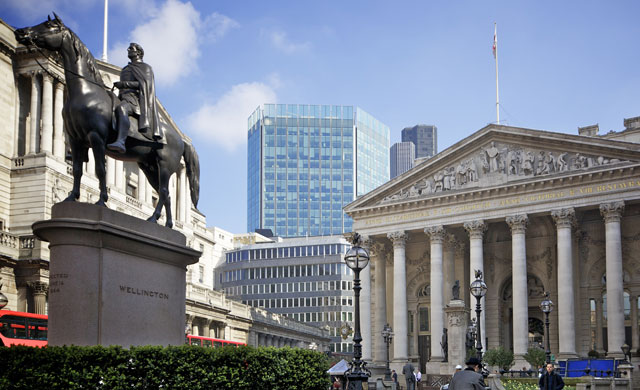UK consumer prices inflation (CPI) remained unchanged in November at 2.7%, according to the Office of National Statistics. The fastest price rises were seen in the cost of fruit, bread, cereals and energy bills, while car fuel, plane tickets and beer prices fell from the month before. On the other hand, the Retail prices index (RPI), which includes housing costs, fell to 3% from 3.2% in October. CPI rate, targeted by the Bank of England at 2%, had jumped from a three-year low of 2.2% to an unexpected 2.7% in October.

Many economists and investors expected CPI inflation to rise smoothly due to an increase in electricity and gas prices. After droughts in US and Russia and light monsoons in India, a further rise in food prices has also been anticipated. The Bank of England, having been witnessed a CPI inflation above the 2% target for more than three years, now expects inflation to fall back in the autumn of 2014.
Stubborn inflation deterred some policy-makers from approving another cash boost for the economy in November, and this month the Bank again voted against more government bond purchases.
Economists are divided over whether quantitative easing (the Bank of England purchasing treasuries, lowering their yields and boosting bank lending to households and businesses) does much to support growth and jobs, and some fear it has only lifted inflation. A quarterly BoE report released on Tuesday concluded that QE succeeded in increasing money supply throughout its three rounds.
Recently the Bank of England has tolerated high inflation because of the depressed state of the economy, which led the Bank to overestimate how quickly CPI would return to its normal target. Mark Carney, the governor of the Canadian central bank who will take over Sir Mervin King in June, has already hinted at the possibility to scrap the inflation target and replace it with one based on nominal GDP (not adjusted for inflation). The move would enable the Bank to tolerate higher inflation in a period of recession, to inject some more money into the real economy and to act more aggressively against an economic slump.


 Hot Features
Hot Features













